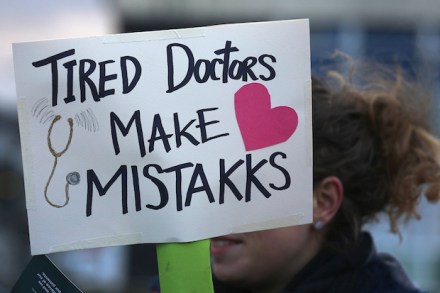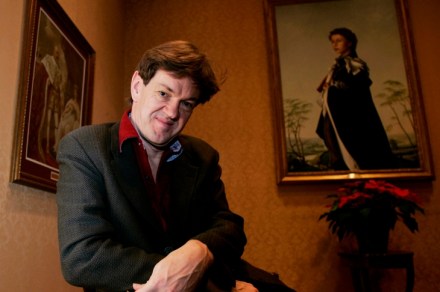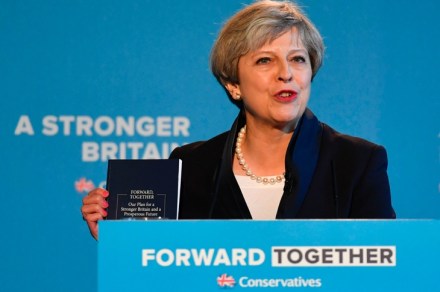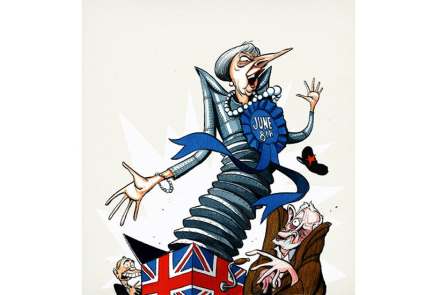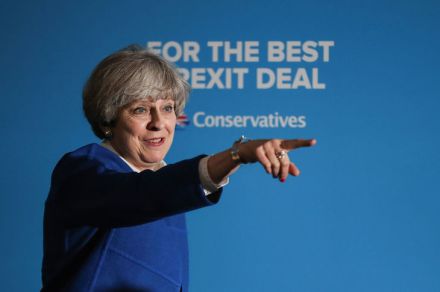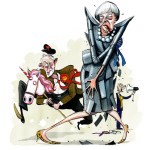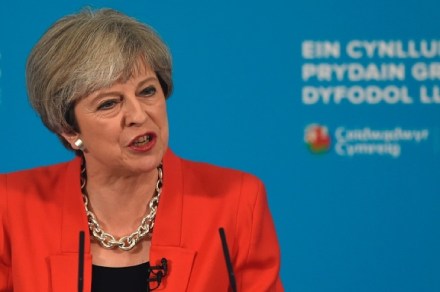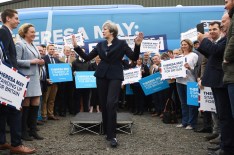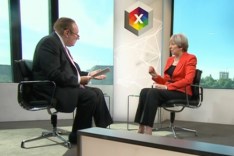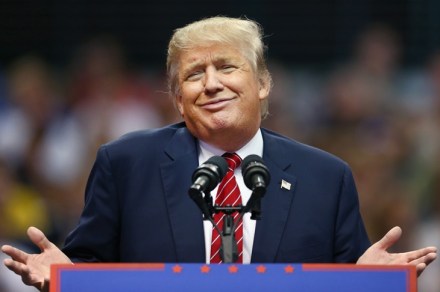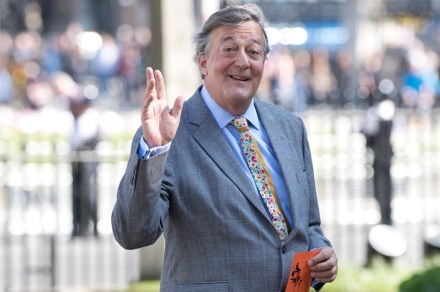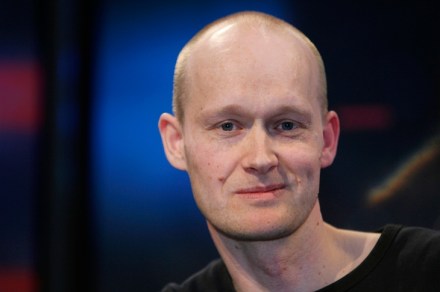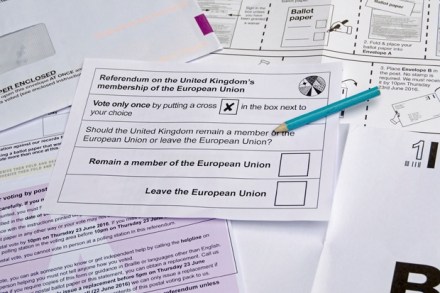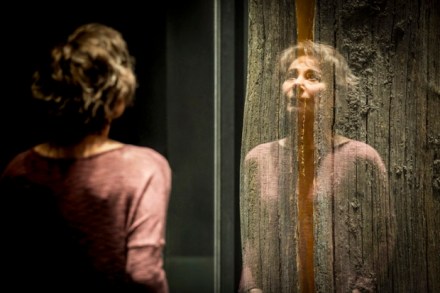A stranger to oneself
Wendy Mitchell was diagnosed with dementia at the age of 58, three years ago. At the time, she was a non-clinical team leader in the NHS, managing rosters for hundreds of nurses and keeping much of the information stored in her head. She lived in York and had brought up two much-loved daughters on her own. She was clearly efficient, organised and independent. Mitchell realised something was wrong when, after a series of falls, she experienced a distinct lack of energy (she had been a keen runner and walker): a ‘fog’ in her head. The diagnosis was slow — her GP initially told this fit and able woman that ‘there



